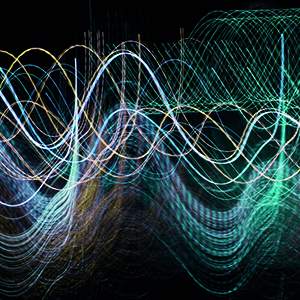INTERPRETAZIONE DELLA TEORIA QUANTISTICA, COSMOLOGIA E GRAVITAZIONE
DOI:
https://doi.org/10.4081/scienze.2024.869Abstract
On the line of a recent paper, the problem of interpretation of Quantum Theory (QT) is reconsidered in a cosmological perspective and of Bohr’s idea that the classical language is the language of our experience and QT acquires a meaning only with a reference to it. A classical or macroscopic level is distinguished and a quantum or microscopic one that is perceived only through the modifications that it induces in the first. The macroscopic state is specified by a classical energy-momentum tensor and conserved currents, which are supposed to have always well-defined values. The microscopic dynamics are expressed by the usual QT formalism. Fundamental idea: the usual probability rule of QT, based on an observables self-ajoint operators correspondence, is replaced with a distribution of probability directly for the macroscopic variables, defined in terms of the corresponding quantum operators and a quantum density operator. For the universe, a variance of the standard model with Ω=1 is assumed, one inflaton, a Goldstone type potential, initial time at t =−∞, expectation values of all fundamental fields vanishing for t → −∞. The scalar fluctuations in the cosmic microwave background can be correctly explained giving appropriate values to the potential parameters, but the absence of the tensor fluctuations remains not understood. This seems to suggest that gravity is a pure classical phenomenon, what could be consistently accommodated in our framework but it is inconsistent with the usual formalism.
Downloads


